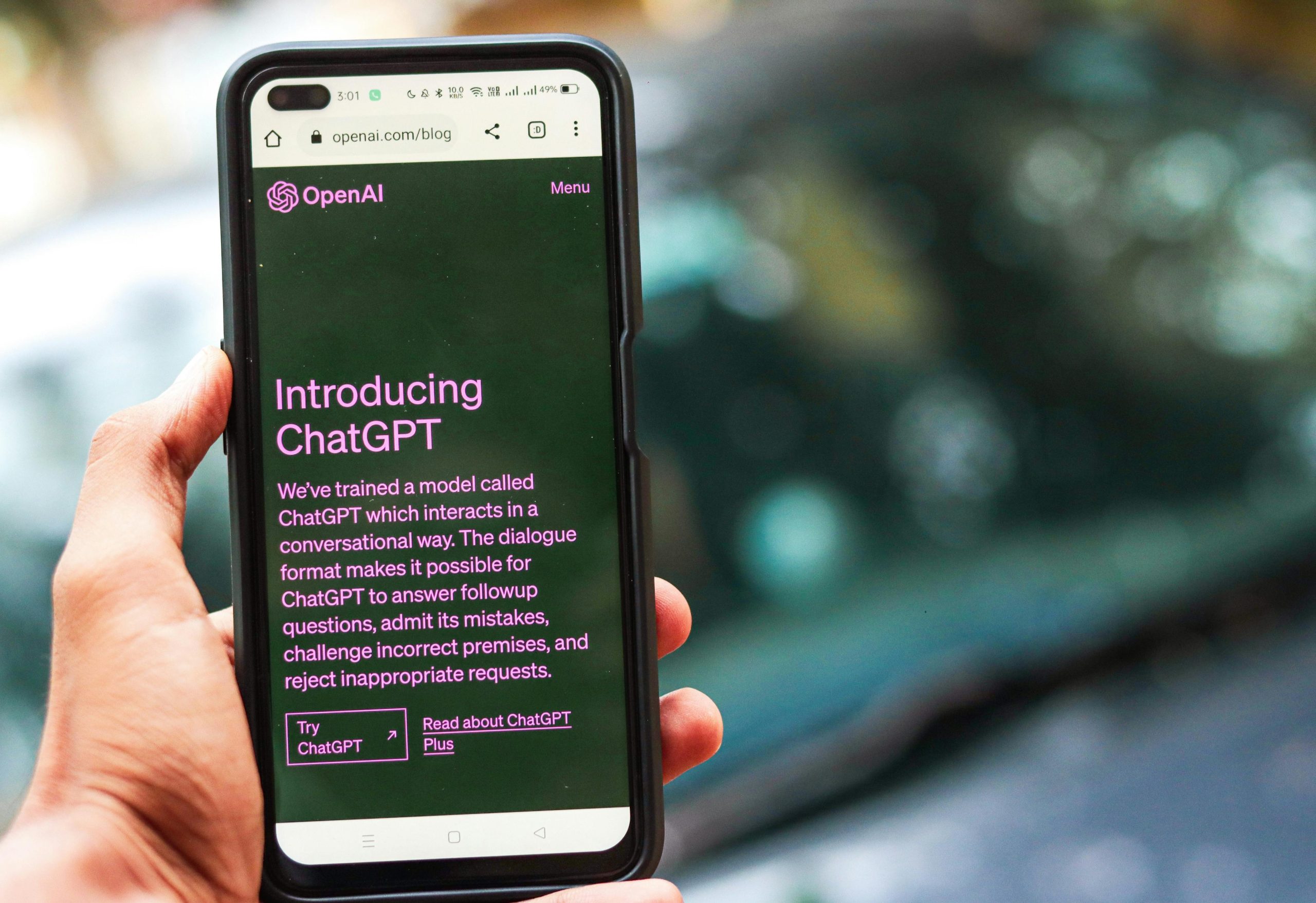My prediction: In 2-3 years, AI models will stop getting smarter. They’ve already eaten the whole internet.
The Future of Artificial Intelligence: Are We Approaching a Knowledge Plateau?
In the rapidly evolving landscape of artificial intelligence, speculation about its future often revolves around hardware advancements, algorithmic breakthroughs, or new training methodologies. However, a deeper question warrants attention: Are we nearing a fundamental ceiling in AI development, driven not by technology but by the limits of available human-generated data?
Understanding the Data Bottleneck
Modern AI models such as GPT-4, Claude, and Google’s Gemini have been trained on vast swaths of the internet—encompassing forums, articles, books, and digital archives—effectively ingesting the collective knowledge and language of humanity up to certain cutoff points. This extensive training has powered impressive capabilities, enabling AI to assist with coding, content creation, and more.
But what happens once these models have consumed nearly the entire accessible and high-quality human knowledge? It appears we may be approaching a critical juncture where the quantity and quality of new data are insufficient to sustain meaningful improvements in AI performance.
The Feedback Loop of Knowledge and AI
Take the realm of software development as a case study. Platforms like Stack Overflow have historically been vital repositories of programming knowledge. Yet, we’re witnessing a decline in their traffic as developers increasingly turn to AI tools, like ChatGPT, for answers. Ironically, these tools learn from the very platforms they reduce reliance on.
This creates a paradox: the AI training data diminishes as the ecosystem it learned from diminishes. If platforms like Stack Overflow and technical forums shrink or become less active, future AI models risk losing the richness of real-time, human-curated knowledge. Without ongoing, fresh human contributions, the models’ understanding may stagnate, relying solely on historical data that may already be outdated.
The Risks of Synthetic Data and Model Collapse
A proposed solution to data scarcity is to generate more data synthetically, training models on AI-generated content. However, this approach resembles copying a document repeatedly—each iteration may introduce distortions, biases, or errors that compound over time. Researchers term this “model collapse,” where the AI’s outputs become increasingly unreliable, derivations of its own flawed data rather than reflections of real-world knowledge.
Such a decline risks driving AI capabilities into a plateau where improvements are minimal, and outputs increasingly outdated or inaccurate.
Projected Trends in AI Development
Based on current trajectories and emerging challenges, several scenarios seem plausible:
- Capability Stagnation:
AI models













Post Comment